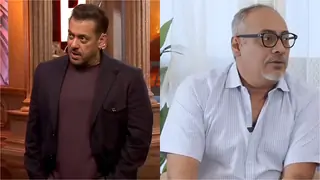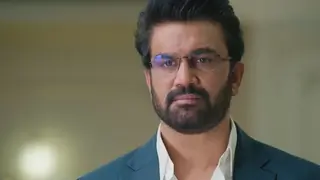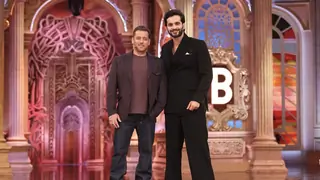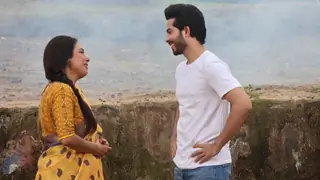Kirana Gharana is the most prolific of the Hindustani khayal gharanas.
The origin of Kirana Gharana is controversial. While some say Khan Sahab Abdul Karim Khan is the real founder of the gharana, others trace it back a few centuries to a line of musicinas from the village of Kirana in Uttar Pradesh.
There are four known branches of this lineage of musicians. T
he first one has great musicians like Ustad Azim Baksh, Maula Baksh and Abdul Ghani Khan.
The second branch boasts of names like Ustad Bande Ali Khan, Nanne Khan, Kale Khan and the legendary Ustad Abdul Karim Khan.
The third branch has musians like Gafoor Khan, Abdul Wahid Khan, Shakoor Khan, Mashkoor Ali and Mubarak Ali.
The distinguished family tradition of Mehboob Baksh, Rehman Khan, Abdul Majid Khan, Abdul Hamid Khan, Abdul Bashir Khan, followed by his sons Niaz Ahmed and Fayyaz Ahmed Khan, also express their allegiance to the Kirana tradition.
Khan Sahab Abdul Karim Khan (1872-1937) believed in the serene rendition of the notes as when playing the bin (a plucked instrument with resonators at both ends).Ustad Karim Khan served as a musician at the Baroda and the Mysore courts and had a tremendous influence on the music of western India.
His own somewhat nasal voice led him to adopt the Carnatic style for singing the saptak (the seven notes). He preferred to sing in the slower tempo and stress the bol-alap through consonants because his own voice was not wholly suited to the lower register of notes. The aesthetic appeal was thus never marred and the continuity he desired was achieved.
Edited by Chalavanth - 18 years ago




















